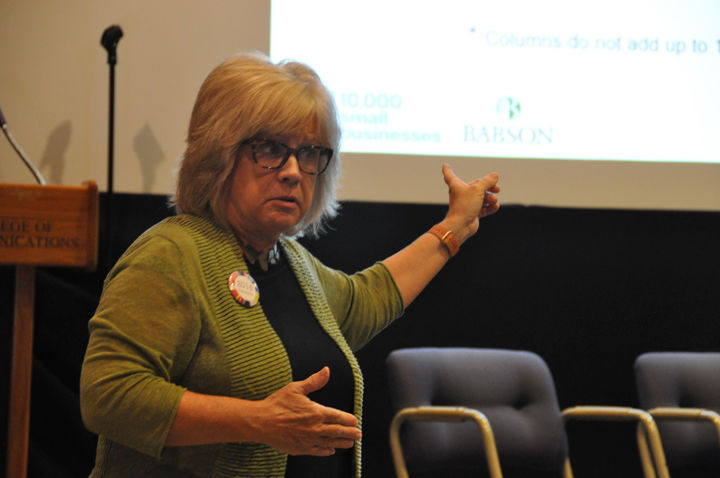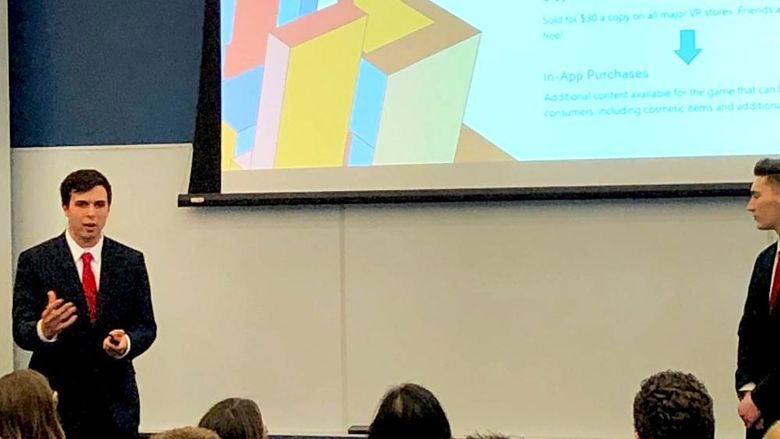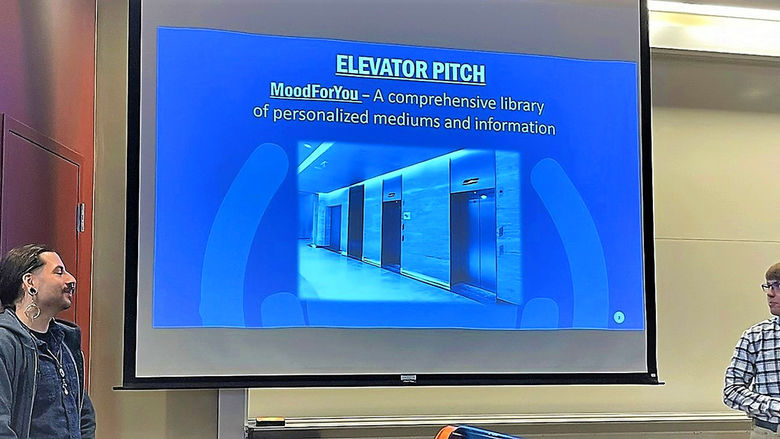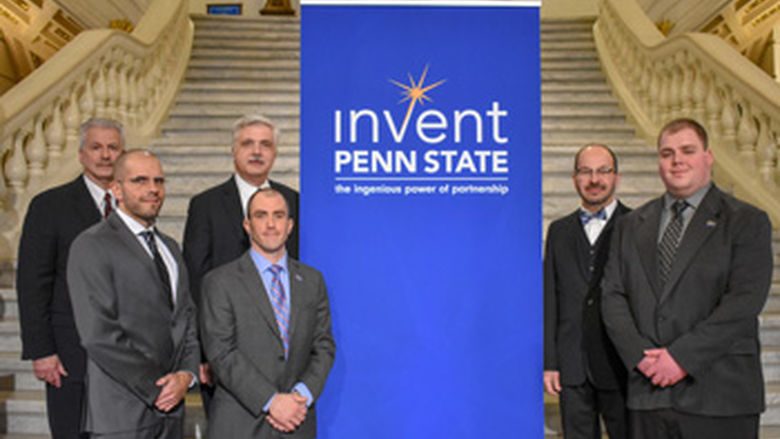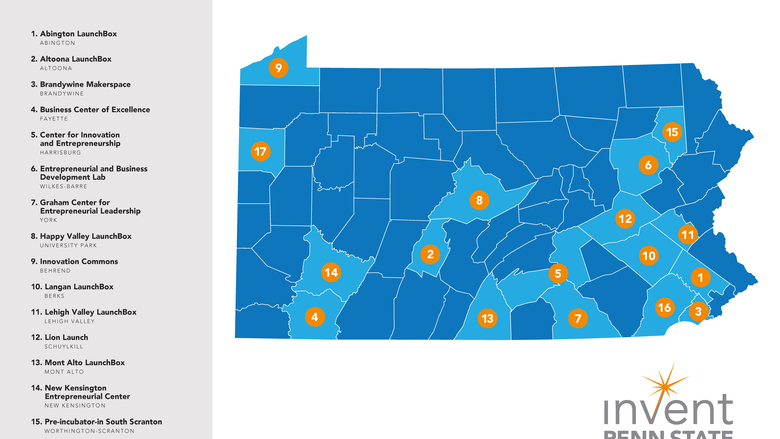
Faculty and staff from across Penn State gathered Aug. 16-17 at University Park for the fourth annual ENTI Minor Faculty and Friends Summer Gathering.
UNIVERSITY PARK, Pa. — More than 40 faculty and staff members from eight colleges and four campuses came together Aug. 16-17 at University Park for the fourth annual ENTI Minor Faculty and Friends Summer Gathering. ENTI is Penn State’s Intercollege Minor in Entrepreneurship and Innovation.
The retreat featured a keynote address, panel discussions, and workshops aimed at supporting Penn State’s growing interdisciplinary community of entrepreneurship teachers.
The keynote address, "Entrepreneurship Education: Global Trends and Practices," was delivered by Patricia Greene, Paul T. Babson Chair in Entrepreneurial Studies at Babson College, academic director for Goldman Sachs' 10,000 Small Businesses and 10,000 Women initiatives, and co-founder of the Diana Project. Greene is a leader in entrepreneurship education.
In her talk, Greene engaged the faculty audience through exercises, discussing the economic environment in which entrepreneurship is taught, definitions that frame entrepreneurship discussions, and new and existing pedagogies for curriculum.
“Using Babson College and the Goldman Sachs 10,000 Small Businesses and 10,000 Women initiatives as examples, we had a lively discussion on a wide range of approaches to guiding student learning related to being entrepreneurial, regardless of the type of industry or organization,” said Greene.
Anne Hoag, ENTI director, was excited to gather with colleagues from across Penn State for this annual event. “The ENTI minor and the bigger entrepreneurship ecosystem at Penn State are growing fast,” said Hoag, “and this annual retreat is where we connect, learn what’s new, sharpen our teaching skills, and plan for future growth. I love this group — everyone is excited to teach and mentor young entrepreneurs, but we don’t romanticize startup culture. Starting a new enterprise is the hardest thing.”
Participants from the College of Arts and Architecture, College of Agricultural Sciences, College of Communications, College of Engineering, College Health and Human Development, College of Information Sciences and Technology, College of the Liberal Arts, and the Smeal College of Business, as well as from Penn State's Abington, Beaver and Worthington-Scranton campuses, took part in sessions on student engagement, Global Entrepreneurship Week 2016, teaching resources and innovative pedagogies for entrepreneurship, and co-working spaces and accelerators. Session leaders included representatives from Penn State Libraries, Teaching and Learning with Technology (TLT), the Schreyer Institute for Teaching Excellence, Invent Penn State, the Small Business Development Center of Outreach, and New Leaf Initiative, the State College co-working space.
Dan Goldberg, of Penn State Abington, attended the retreat and also led a session offering guidance to faculty hoping to adopt the ENTI minor at their campus. Goldberg said he came away from the event with a number of new ideas to adopt in his MGMT 215, ENGR 310, and MGMT 425 courses. “I’ll definitely be using Patti Greene’s exercise about getting a no-strings-attached investment of $1 million, then $5 million, then $50 million to engage students on their vision, and how it does or doesn’t change with the resources available,” said Goldberg.
“By expanding students’ access to a curriculum on entrepreneurship, the ENTI minor is connecting to the statewide Invent Penn State initiative focused on job creation, economic development, and student career success,” said Rob Pangborn, vice president and dean for Undergraduate Education. “This is a wonderful opportunity for students to gain exposure to the local infrastructure and the exciting career paths that support innovation, and we’re happy to have the opportunity to support the faculty that guide these students.”
ENTI, launched in 2013, is offered jointly by seven colleges — Agriculture, Arts and Architecture, Communications, Engineering, Health and Human Development, IST, and Smeal. The minor is available to students in any University Park college as well as those at Berks and Abington. ENTI is an intercollege program administered by the Office of Undergraduate Education and funded by the office of the provost and participating colleges.
